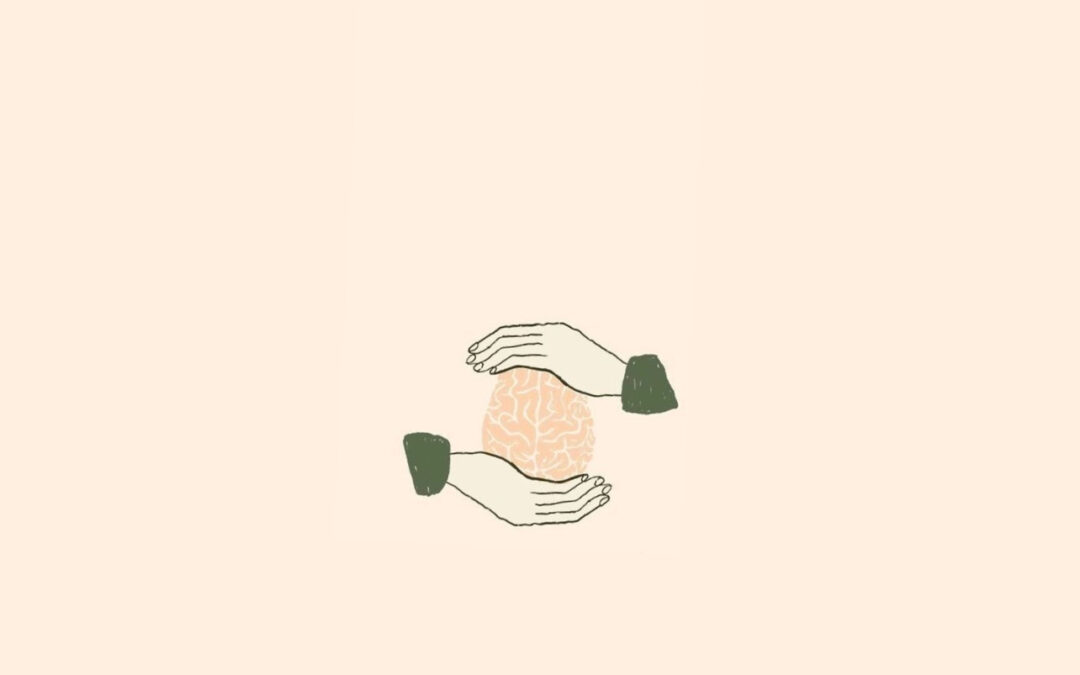Have you ever smelled a certain scent and suddenly felt transported to a moment from years ago? Or have you reacted emotionally to a situation without fully understanding why? These experiences are the work of memory, woven into the intricate connections of your brain and body.
At Schneider Counseling, we often help clients understand how the past can show up in the present. One key to that understanding is the biopsychology of memory, how our brains, nervous systems, and even our bodies store and respond to experiences over time.
What Is Biopsychology?
Biopsychology (also called behavioral neuroscience) is the study of how biology influences behavior. It looks at the ways our brain, neurotransmitters, hormones, and nervous system shape thoughts, emotions, and actions, including how we store and retrieve memories.
How Are Memories Stored?
Memory isn’t stored in one “file cabinet” in the brain. Instead, it’s distributed across multiple systems:
- The Hippocampus
This region helps convert short-term memories into long-term memories, especially facts and events. It’s crucial for remembering names, dates, and personal experiences. - The Amygdala
Often referred to as the brain’s emotion center, the amygdala plays a key role in storing emotionally charged memories, especially those tied to fear or trauma. - The Prefrontal Cortex
This part of the brain is involved in thinking, decision-making, and memory retrieval. It helps you make sense of memories and apply them to current situations. - The Body (Yes, Really)
Memory isn’t just “in your head.” Through the nervous system, your body holds onto physical sensations associated with past events. This is often called somatic memory, and it’s why some people “feel” a memory before they consciously recall it.
Why Some Memories Feel So Powerful
Emotionally intense experiences, both positive and negative, are more likely to be deeply encoded in the brain. This is due to the interaction between the amygdala and hippocampus. When something important or stressful happens, the brain prioritizes storing that memory so you can avoid danger or repeat positive outcomes in the future.
In trauma, this process can become heightened, and memories can get “stuck” in ways that feel intrusive or overwhelming. That’s why trauma therapy often focuses on helping the brain and body safely reprocess these stored experiences.
Implicit vs. Explicit Memories
- Explicit memories are those we can recall intentionally, like the name of your childhood best friend or the route you drive to work.
- Implicit memories are unconscious and often show up as habits, emotional reactions, or physical sensations, like flinching when you hear a loud noise.
Therapeutic work often helps people identify and work with implicit memories that are influencing their behaviors or emotional responses today.
How Therapy Helps Rewire Stored Memories
The brain is neuroplastic, meaning it can change and form new connections throughout life. With the right support, people can revisit painful memories without being overwhelmed by them, develop healthier emotional responses, and reframe past experiences.
Therapeutic approaches like:
- Trauma-informed therapy
- EMDR (Eye Movement Desensitization and Reprocessing)
- Somatic experiencing
- Cognitive Behavioral Therapy (CBT)
…can help “unstick” stored memories and promote healing at both the cognitive and physiological levels.
Your Brain Is Wired to Heal
Understanding how memories are stored gives us powerful insight into why we react the way we do, and how we can move forward. You are not broken. Your mind and body have simply adapted to past experiences. With time and support, they can adapt again.
At Schneider Counseling, we help you make sense of your memories, shift how they live in your body, and create space for new patterns to emerge. Healing is possible and it starts with understanding.
Want to Learn More?
Reach out to schedule a consultation or therapy session. Let’s explore your story together—with compassion, curiosity, and care.

